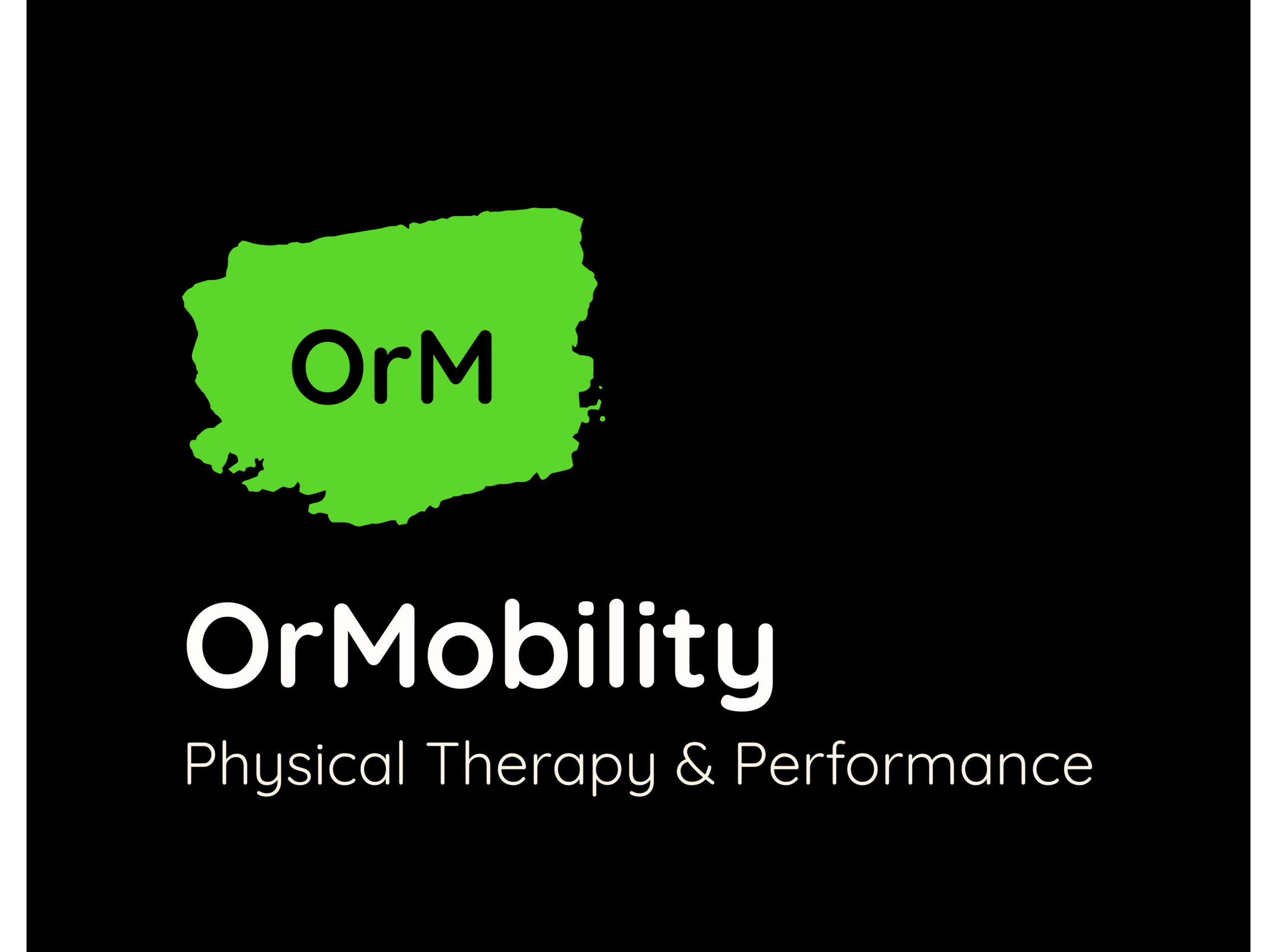Sleeping for Recovery, Healing, and Healthcare: The Transformative Power of Rest
As a registered nurse at OrMobility Physical Therapy & Performance in Roseburg, Oregon, I’ve seen firsthand the profound impact that quality sleep can have on recovery, healing, and overall well-being. In this blog post, we’ll explore the importance of sleep in promoting recovery and healing, as well as its potential to positively impact the healthcare system as a whole.
The Role of Sleep in Recovery and Healing
Quality sleep is essential for the body’s natural healing processes, providing the time and resources needed for tissues to repair and regenerate. Whether recovering from illness, injury, or surgery, adequate sleep plays a crucial role in supporting the body’s ability to heal and recover. Here are some ways in which sleep promotes recovery and healing:
- Tissue Repair and Regeneration: During sleep, the body undergoes a process of cellular repair and renewal, allowing tissues to heal and regenerate more effectively. This is especially important for recovering from injuries, surgeries, or intense physical activity.
- Immune Function: Sleep is essential for a healthy immune system, as it helps regulate immune cell activity and promote immune response. Adequate sleep enhances the body’s ability to fight off infections, viruses, and other pathogens, supporting overall recovery and well-being.
- Pain Management: Quality sleep can help reduce pain perception and improve pain tolerance, making it an essential component of pain management strategies for individuals recovering from injuries or surgeries.
- Mental and Emotional Well-Being: Sleep plays a vital role in regulating mood, managing stress, and promoting emotional well-being. Getting enough sleep can help reduce feelings of anxiety, depression, and irritability, improving overall mental health and resilience during the recovery process.
The Impact of Sleep on Healthcare Costs and Outcomes
In addition to its role in promoting recovery and healing, sleep also has the potential to positively impact healthcare costs and outcomes. By prioritizing sleep and implementing strategies to improve sleep quality, individuals can potentially reduce the need for medical interventions, hospitalizations, and long-term healthcare expenses. Here are some ways in which better sleep habits can benefit the healthcare system:
- Preventative Health: Adequate sleep is linked to a lower risk of chronic health conditions such as obesity, diabetes, hypertension, and heart disease. By promoting healthy sleep habits, healthcare providers can help prevent or mitigate the development of these costly and debilitating conditions.
- Reduced Hospitalizations: Quality sleep can help reduce the risk of complications and readmissions following surgeries or hospitalizations. By ensuring patients get enough sleep during their recovery period, healthcare providers can improve outcomes and reduce healthcare costs associated with extended hospital stays or complications.
- Improved Patient Outcomes: Sleep plays a crucial role in promoting overall health and well-being, which can positively impact patient outcomes across a wide range of medical conditions. By addressing sleep disturbances and promoting healthy sleep habits, healthcare providers can enhance patient recovery, satisfaction, and quality of life.
- Enhanced Healthcare Delivery: Healthcare providers who prioritize sleep and well-being are better equipped to provide high-quality care to their patients. By addressing their own sleep needs and promoting healthy sleep practices among their colleagues, healthcare professionals can improve their performance, decision-making, and patient interactions.
Practical Tips for Improving Sleep Quality

To harness the healing power of sleep and promote recovery and well-being, consider implementing the following tips:
- Establish a Consistent Sleep Schedule: Go to bed and wake up at the same time every day, even on weekends, to regulate your body’s internal clock and promote better sleep quality.
- Create a Relaxing Bedtime Routine: Develop a relaxing bedtime routine to signal to your body that it’s time to wind down. Activities such as reading, taking a warm bath, or practicing relaxation techniques can help prepare your mind and body for sleep.
- Optimize Your Sleep Environment: Create a comfortable sleep environment that is conducive to restful sleep. Keep your bedroom cool, dark, and quiet, and invest in a comfortable mattress and pillows that provide adequate support.
- Limit Screen Time Before Bed: Reduce exposure to electronic devices such as smartphones, tablets, and computers before bedtime, as the blue light emitted by these devices can interfere with sleep patterns.
- Manage Stress: Practice stress-reducing techniques such as meditation, deep breathing exercises, or gentle yoga before bed to promote relaxation and ease into sleep more effectively.
Conclusion: Harnessing the Healing Power of Sleep
Quality sleep is a fundamental pillar of health and well-being, playing a crucial role in promoting recovery, healing, and overall vitality. By prioritizing sleep and implementing healthy sleep habits, individuals can support their body’s natural healing processes and potentially reduce healthcare costs and improve outcomes. As healthcare providers, it’s essential to recognize the importance of sleep in promoting recovery and well-being and to incorporate sleep-promoting strategies into our patient care practices. Together, we can harness the transformative power of sleep to promote healing, improve healthcare outcomes, and enhance overall quality of life.


